US won't stop patrols near China's islands in South China Sea: Navy
A US Navy officer has warned that China’s military presence in the South China Sea would not stop American forces from patrolling the strategic, disputed waters.
"International law allows us to operate here, allows us to fly here, allows us to train here, allows us to sail here, and that's what we're doing and we're going to continue to do that," Lt. Cmdr. Tim Hawkins said Saturday on board the USS Carl Vinson, which anchored at Manila Bay while on a visit to the Philippines.
The warship's anchor commander made the remarks to The Associated Press when asked whether China’s newly built islands could restrain US patrols in the disputed waters.
Hawkins said the US patrols in the region, which have been carried out for seven decades, are aimed at promoting security and ensuring the unimpeded flow of trade.
When President Donald Trump came to power, Southeast Asian officials were uncertain how the US would respond to the overlapping territorial claims involving China and its neighbors.
China claims almost all of the South China Sea and has challenged the US naval presence in the western Pacific.
The Trump administration has outlined a new security strategy that stresses the need to counter China’s rise and reinforce the US presence in the Indo-Pacific region.
"We're committed," Hawkins told reporters. "We're here."
Washington and Beijing have long accused each other of stoking tensions in the Indo-Pacific region through military buildup.
US officials have insisted American warships will continue sailing close to features claimed by Beijing without advance notice, putting Washington at odds with China’s interests.
In January, China accused the US of violating in its territorial waters when it sailed the USS Hopper, a guided missile destroyer, near the Scarborough Shoal, which is disputed by Beijing and Manila.
China then vowed to take “necessary measures” to protect its sovereignty.
Hawkins said the nuclear-powered Carl Vinson patrolled the disputed sea prior to its Manila visit but did not carry out a freedom of navigation operation.
“That’s not to say that we won’t or we can’t, but we have not, up to this point,” the commander said.
Tel Aviv tells Damascus Israeli forces will remain in occupied territory: Report
Dec. 22: ‘Axis of Resistance’ operations against Israeli occupation
‘Abhorrent’: Oxfam says only 12 trucks delivered aid in North Gaza since Oct.
VIDEO | Leader receives religious eulogists on Hazrat Fatima birth anniv.
Pope Francis slams Israel’s ‘machine-gunning’ of Gaza children
US hostage-taking of Iranian nationals violation of intl. law: Deputy FM
VIDEO | Carol Singers for Palestine on London’s Parliament Square
Ansarullah says ‘Israeli terrorists’ incapable of confronting Yemen, warns of secret weapons


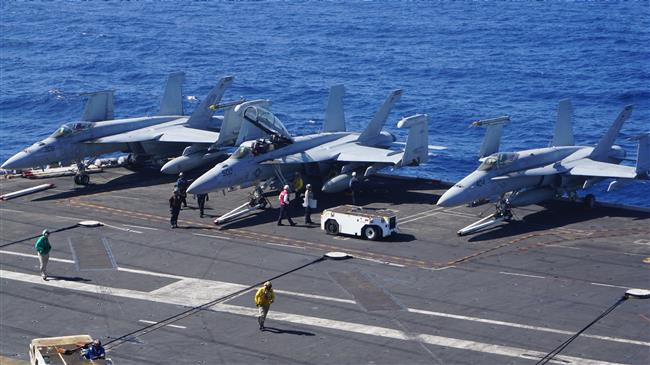

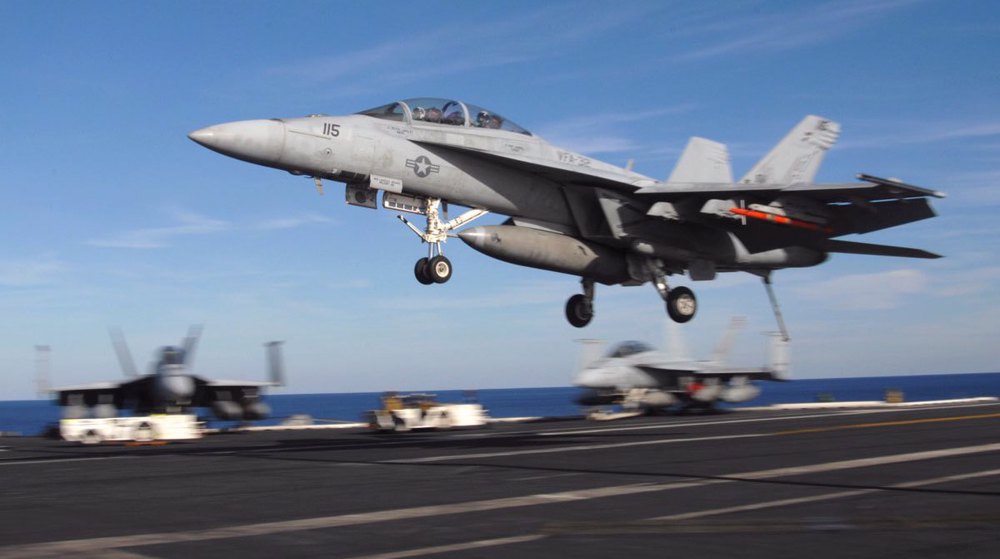

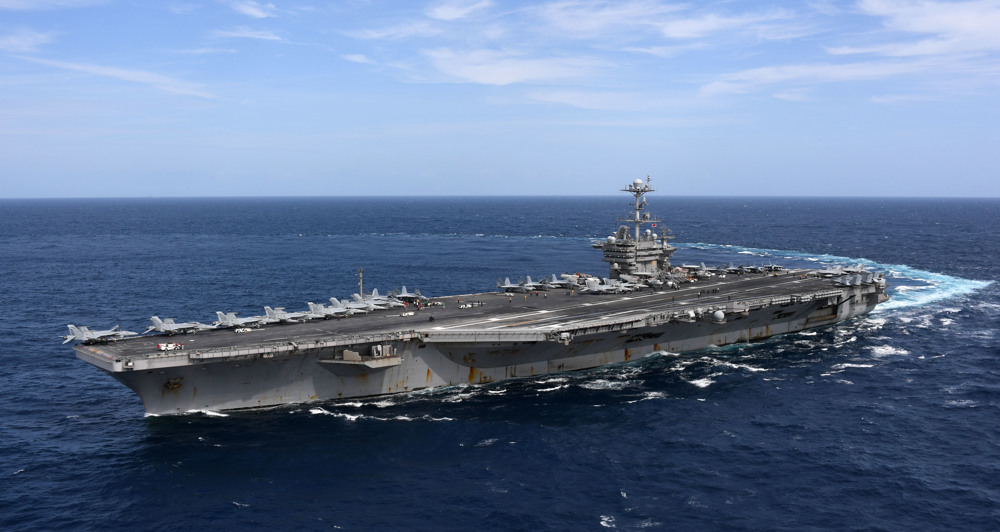



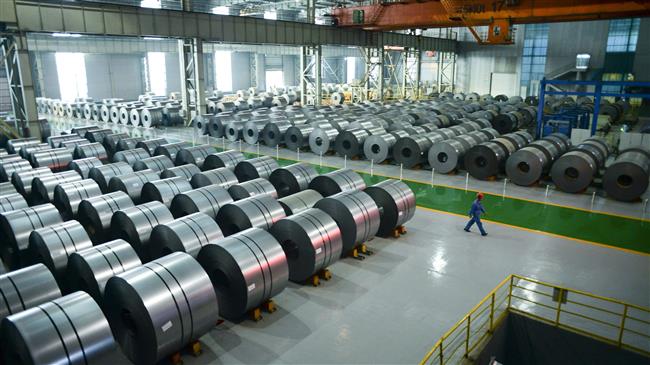
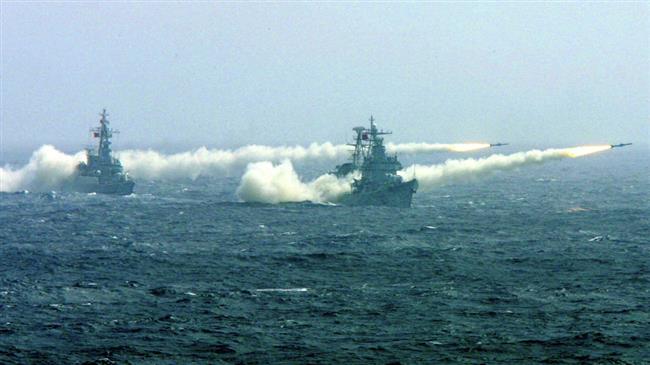
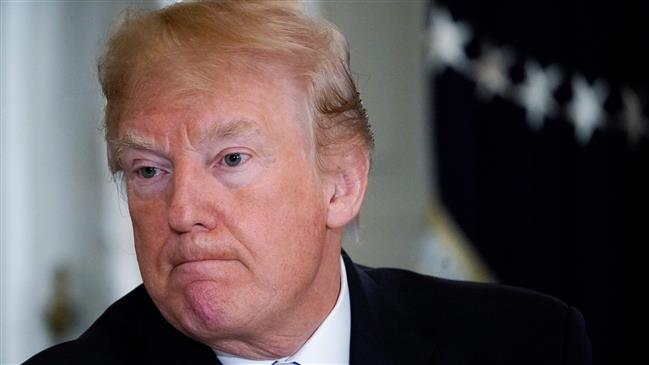
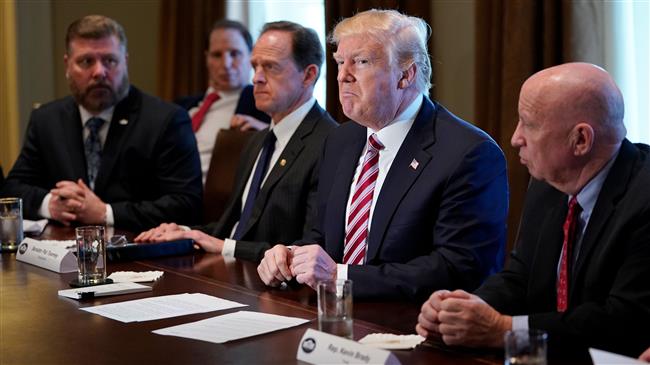
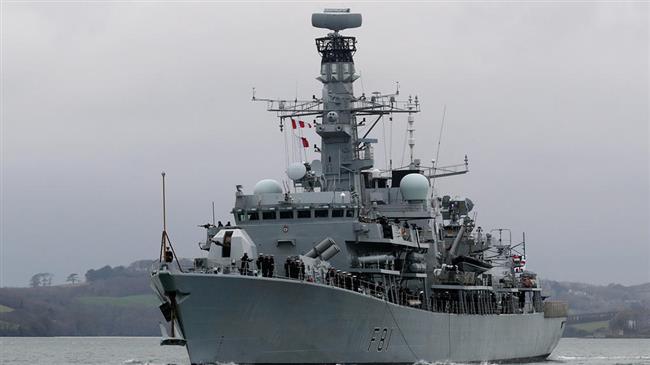

 This makes it easy to access the Press TV website
This makes it easy to access the Press TV website